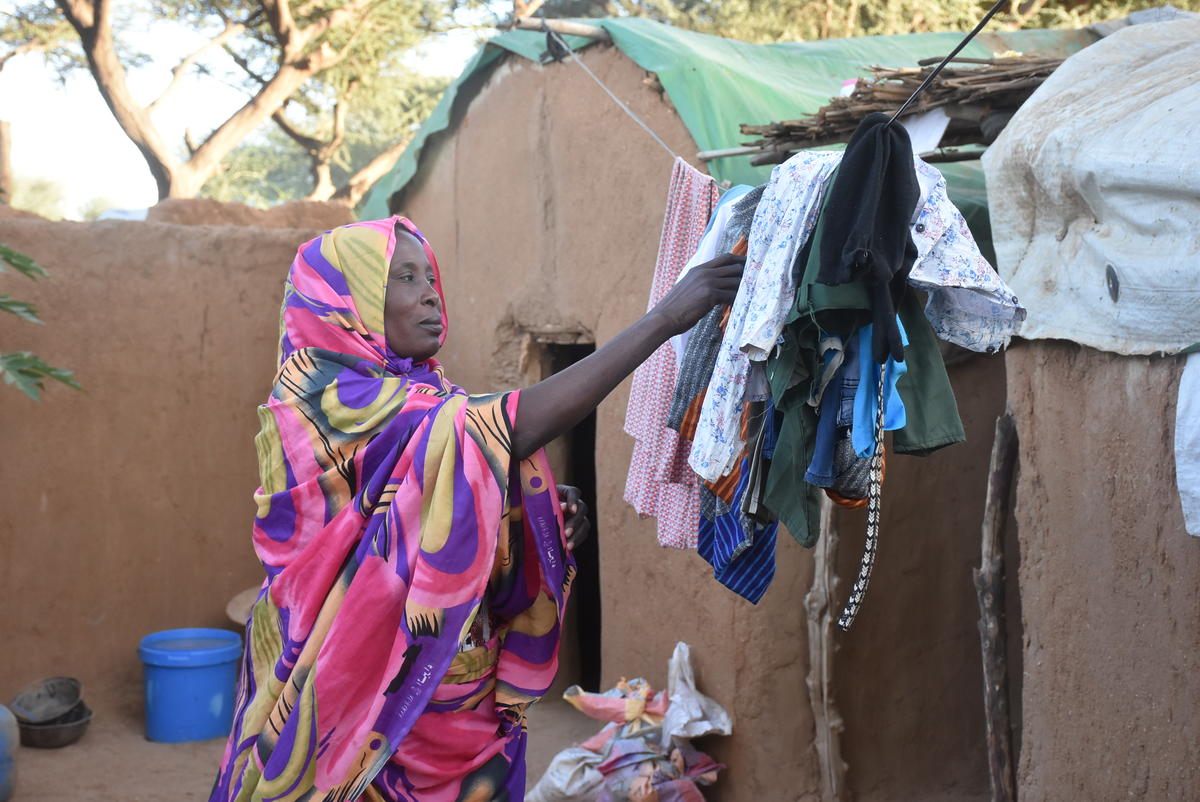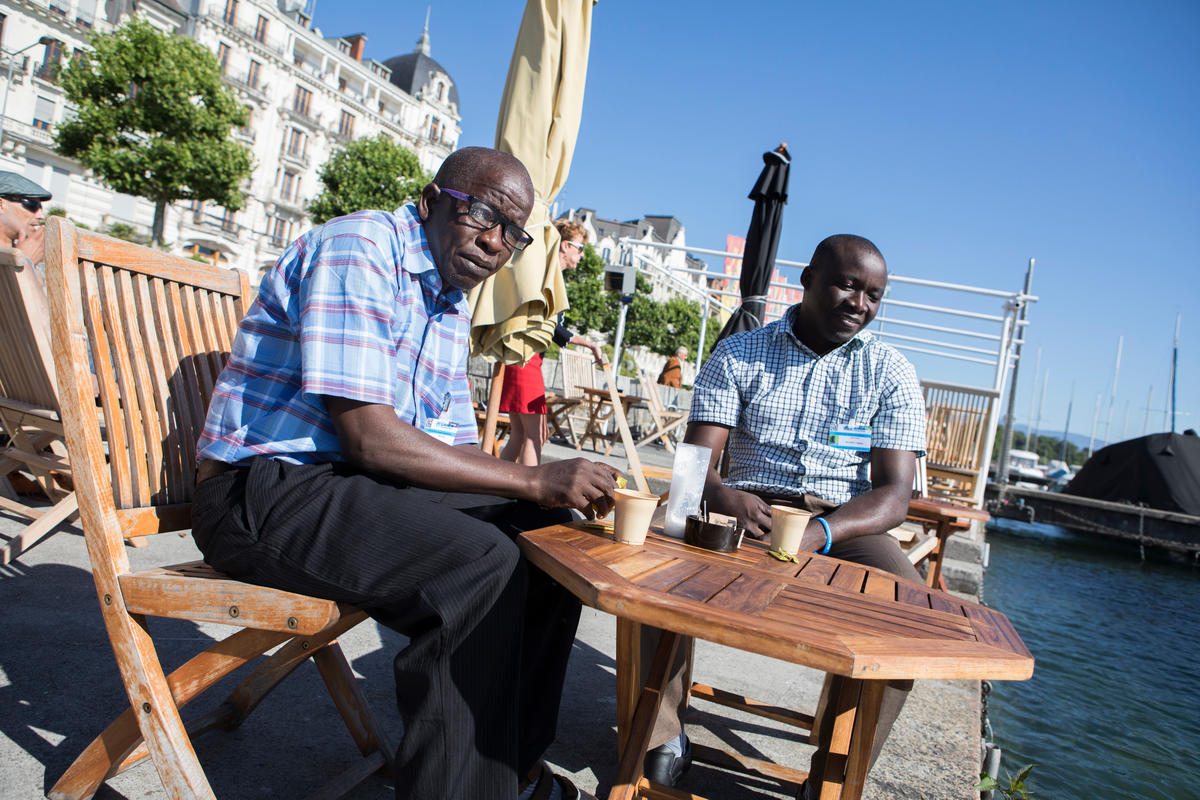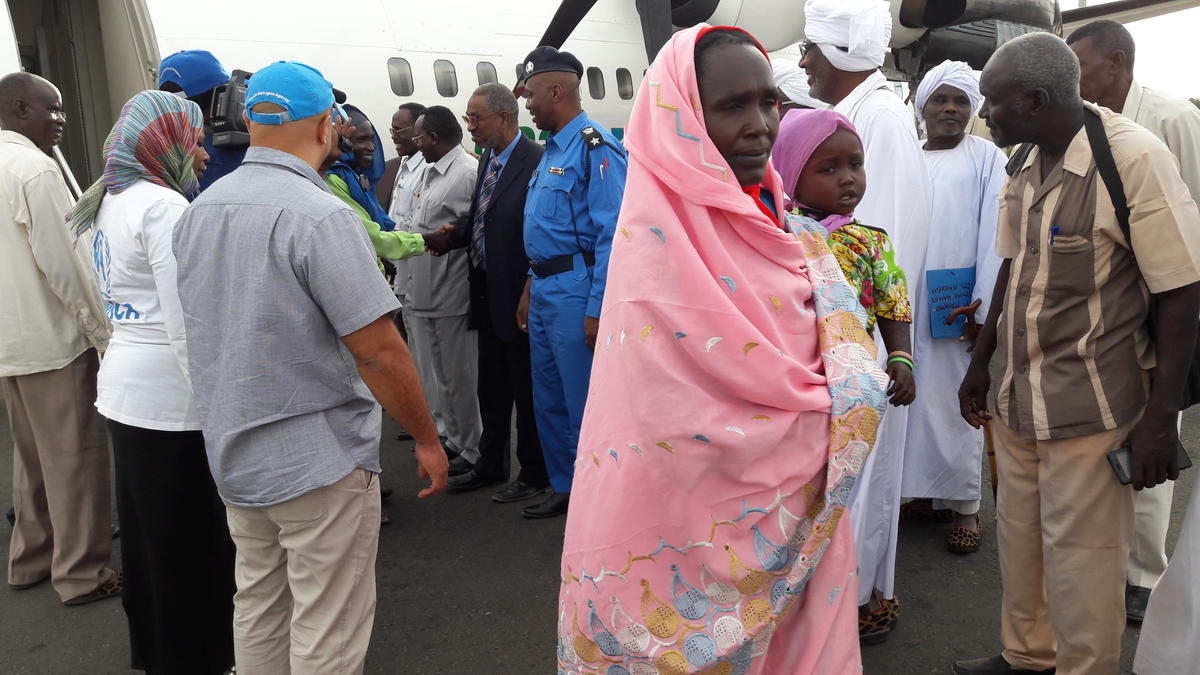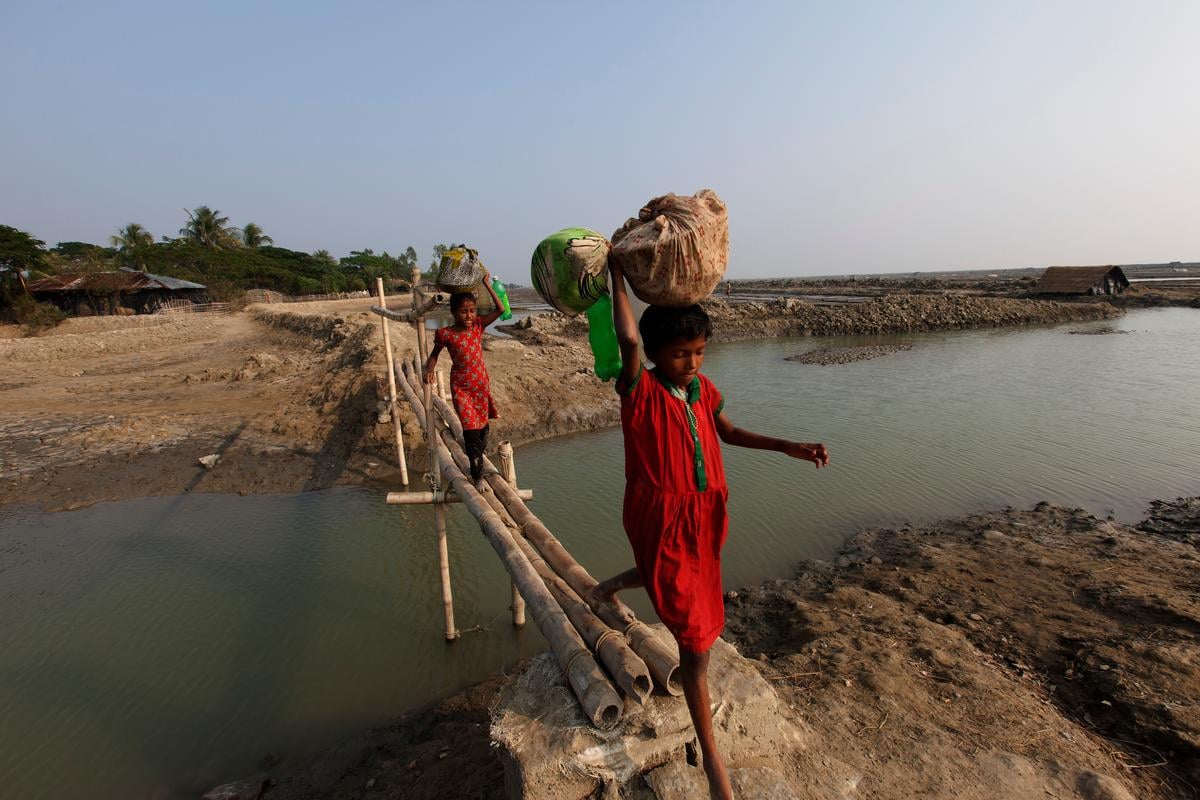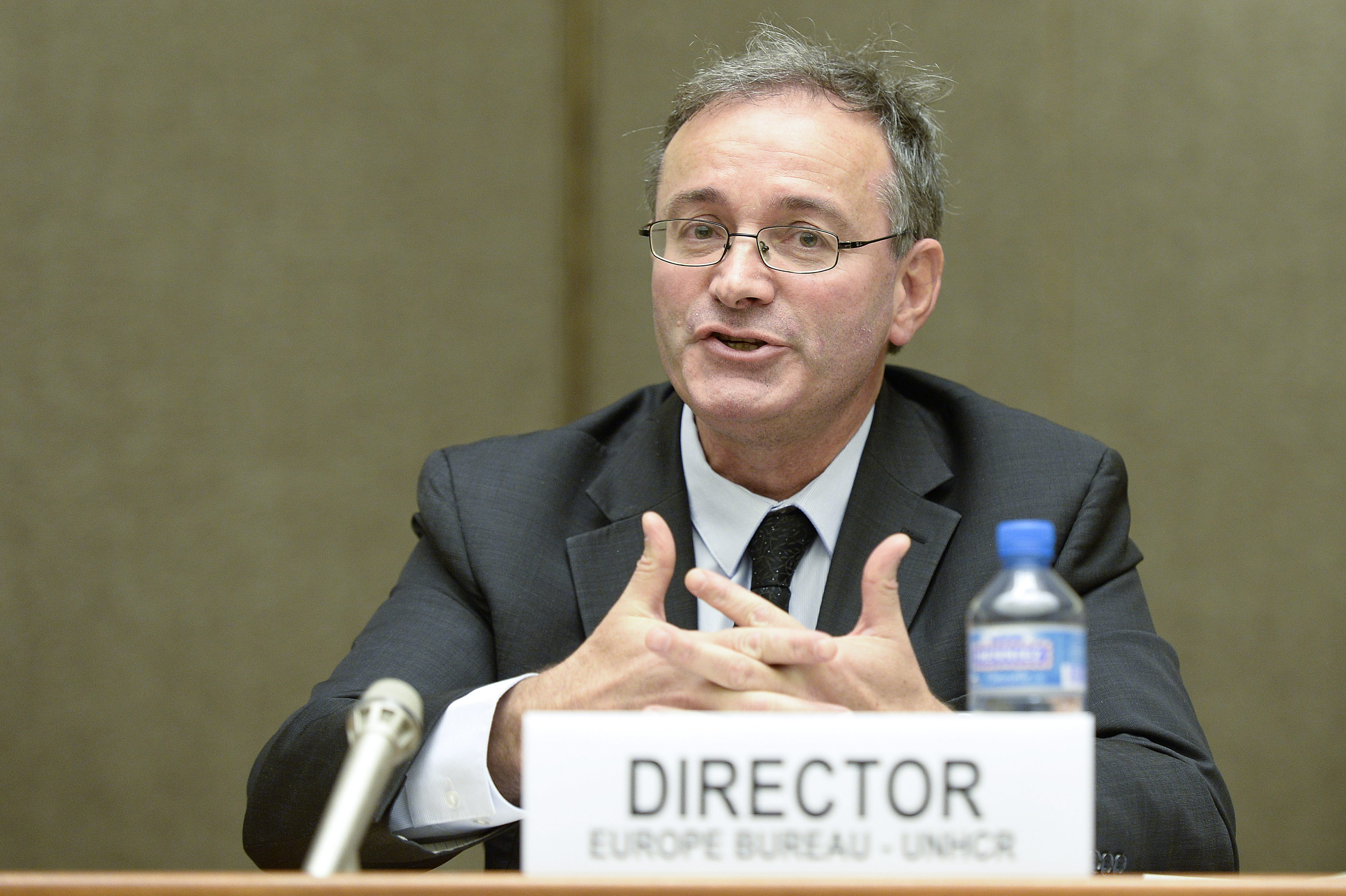Q&A: Clooneys marry fame with reporting skills to spotlight Darfur
Q&A: Clooneys marry fame with reporting skills to spotlight Darfur

WASHINGTON, DC, United States, April 24 (UNHCR) - Veteran American journalist and broadcaster Nick Clooney is constantly on the move, speaking out and raising awareness about the crisis in Sudan's Darfur region, where conflict has left some 2.5 million people internally displaced and forced a further 250,000 to flee to neighbouring Chad. He has also worked with his award-winning actor son, George, to tell the world about the issue - their 2006 journey to the Chad-Sudan border was documented in the short film, Journey to Darfur. Currently a journalist in residence at American University's School of Communication in Washington, Clooney sat down this week with UNHCR Public Information Intern Casey Harron and discussed his experience in Darfur, his activism and what the future holds. Excerpts from the interview:
What made you interested in Darfur?
I was on the phone with my son and he told me about a series of articles he was reading by the [New York Times] columnist Nicholas Kristof, who had been in Darfur. George talked about these horrendous stories that were not seeing the light of day, and we became more and more concerned that this was not getting enough attention. So we tried to think of a way to help. I am a pretty good reporter and George is very famous - we felt that if we could add those two things together, we might be able to give it a higher profile.
How was the transition from journalist to advocate?
It was very difficult; awkward really. I certainly wasn't good at it at first. George was already on board to go much further than just reporting, and so was I, but only if we were able to verify what was happening. Only after gathering and reporting the facts did we begin to suggest that ... it might be appropriate to do something about it.
Tell us about your current work as an activist.
I have almost completed 200 speaking engagements that have focused on the crisis. I continue to host these talks at colleges, universities, town hall meetings, churches, synagogues and mosques across the US as well as in Canada.
And is your film, Journey to Darfur, still relevant?
The film itself is very brief and a primer on what is happening in Darfur. Unfortunately, even though it was finished two years ago, it is still up to date. I was hoping it would be outdated by now and that we would be better off, but we aren't.
Are there any particular stories that have stuck with you?
There is one about the people of Jaac, a small village [in southern Sudan]. When about a thousand people from Darfur fled to Jaac, the villagers were very welcoming despite the fact that the arrivals were Muslim and the hosts were Christian. The people of Jaac allowed them to use their borehole anytime during the night to get water - it was a very generous thing to do. Fortunately, after we left, George and I were able to get them a borehole of their own.
What is the best way for people to get involved?
First, it has to matter to you. If I can't, or George can't, or someone else can't get into your head or into your heart, then it won't matter. But if we are able to engage you with these wonderful people, then what they need is your energy. They need you to do the things that you have been asked to do a hundred times and have never done.
You have to call your representatives and newspaper and you need to put this on the map. Not once, because if you call once they will just blow you off; but if you call a fifth time, now you're a pest. Public servants are not bad people.... They go to the squeaking wheel; whatever story is making the most noise is the story they are going to cover. It is never going to be priority one. But if you can move it from priority 20 to priority 10, think of how many lives you might save.
What's next?
I'll just keep talking as long as I'm breathing. And when I am finished breathing, you keep talking. One way or another we will get these folks home. You can't stop just because you have failed. It doesn't mean you have to stop, you have to keep going because failure doesn't mean forever.


